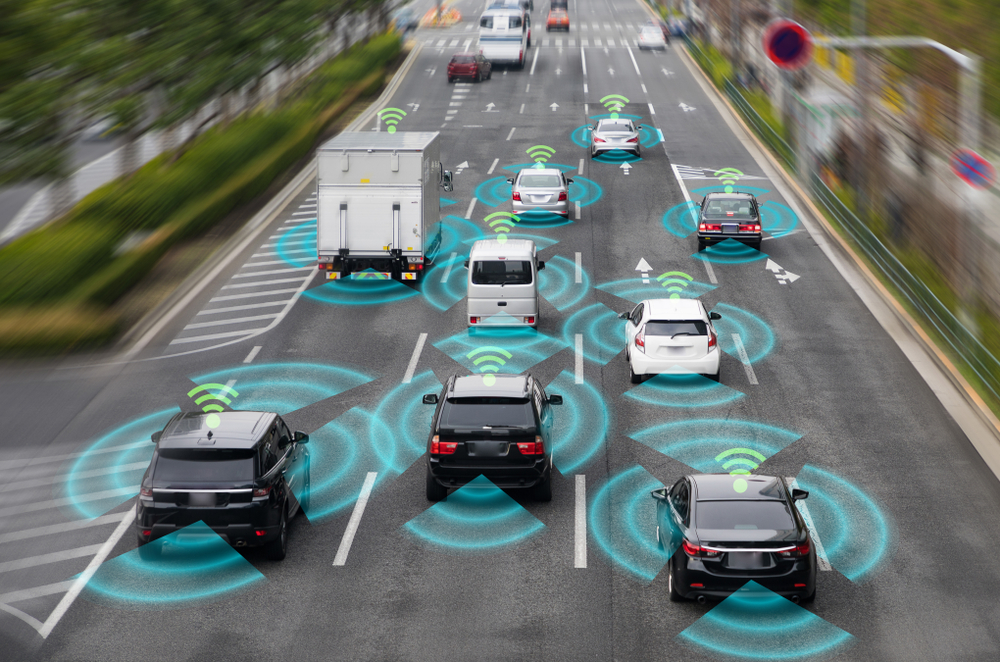The Promising Future of Telecommunication in Autonomous Vehicles
The autonomous vehicle industry is set to revolutionize not only our transportation systems but also the telecom industry. Picture this: a world where cars communicate with each other, with traffic lights, and even with pedestrians - all in real time. This isn't a far-fetched dream, but a reality we're marching towards, driven by advances in both automobile and telecom technology.

The Evolution of Autonomous Vehicles and Telecommunication
The concept of autonomous vehicles isn’t new; it has been around since the early 1920s. However, it was only in the late 20th century, with advancements in computing technology, that the idea became feasible. Today, companies like Tesla, Google’s Waymo, and Uber are leading the charge in the autonomous vehicle industry.
Meanwhile, the telecom industry has also evolved, with advances in mobile communication, internet technology, and digital connectivity. The two industries have now collided in the realm of autonomous vehicles, where seamless communication is a critical need.
The Role of Telecommunication in Autonomous Vehicles
The functioning of autonomous vehicles relies heavily on communication, both vehicle-to-vehicle (V2V) and vehicle-to-infrastructure (V2I). These vehicles need to exchange information about their environment, traffic conditions, road statuses, and more. This is where the telecom industry comes in, providing the necessary communication infrastructure and services.
Challenges in Integrating Telecommunication and Autonomous Vehicles
While the benefits are clear, integrating telecom services into autonomous vehicles is not without its challenges. First, there is the issue of latency, or the delay in transmitting information. In an autonomous vehicle, even a split-second delay can have disastrous consequences.
Second, there’s the challenge of interoperability. With so many different manufacturers involved, ensuring that all communications equipment can interact seamlessly is a complex task.
The Impact of Autonomous Vehicles on the Telecom Industry
The rise of autonomous vehicles isn’t just a boon for the automobile industry; it also presents enormous opportunities for telecom service providers. From providing connectivity services to developing new communication technologies, the telecom industry stands to gain significantly from this revolution.
The Future of Telecommunication in Autonomous Vehicles
While there are challenges to overcome, the future of telecommunication in autonomous vehicles is promising. With advances in technology, the integration of telecom services into these vehicles will become smoother and more efficient. This will not only make our roads safer but also open up new avenues for connectivity and communication.
In conclusion, the marriage of autonomous vehicles and telecommunication is a match made in tech heaven. As these two industries continue to evolve and innovate, we can look forward to a future where our cars not only drive themselves but also communicate seamlessly with the world around them.




